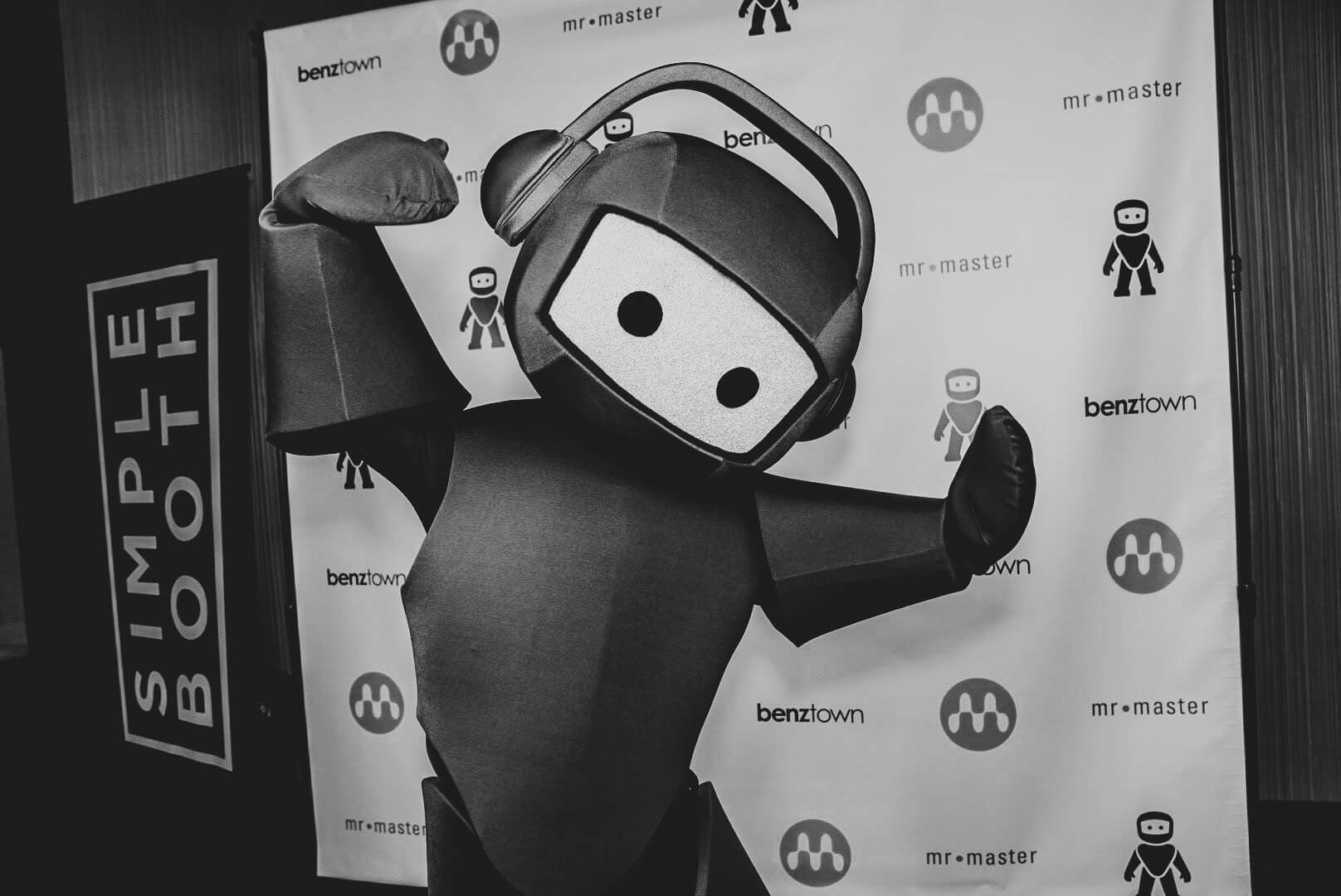Voice Actor Dave Crockett – What it Takes to Make…
 1. What radio VO work have you done in the past (stations/markets)?
1. What radio VO work have you done in the past (stations/markets)?
I was just hired by a national radio show to voice their bumpers and station returns. The show airs in about 70 markets including New York, Chicago, Houston. Milwaukee and others. I also do imaging for a group in Corpus Christi TX and Albany NY. So I guess I’m now heard on quite a few stations!
2. What are you up to presently (freelance/on-staff at a station)?
Working, auditioning and marketing myself!
3. How did you get started as a VO actor? What was your first gig?
I aways loved announcing, radio and production. When the bottom sort of fell out of radio I was lucky enough to fall into VO work as a career. First gig? Who knows!!!
4. Have you ever had a voice coach?
I have used two coaches and they were both terrific! Marla Kirban (NY) and Marice Tobias (LA). Game changers! As I focus more on Trailer and Promo I will be using a coach based in LA that can dial my read in better.
5. Who are your VO idols/mentors? Who influenced your work as a voice-over artist?
Andy Geller (the voice of ABC) is a huge influence as is Beau Weaver. Beau and I can sound very similar. But I also have to give a huge shout-out to Jeff Berlin. A great guy! If you’re starting out find somebody you think has a style that fits what you can do. Listen to them over and over and figure out how they do what they do. It will help you develop your own style!
6. What is your dream job?
I already have it! But I’m just waiting for a network to ask me to be their “voice!”
7. Where did you work before radio?
Kmart and Mr. Steak. Glamor gigs….. NOT! I started in radio when I was about 15 and growing up in Tucson. From there I made the rounds through Boston, Atlanta, Chicago and finally in Houston. (Of course there were also a bunch of smaller markets along the way.)
8. What would be your 3 main tips for a youngster trying to start a VO career?
Be serious about your craft. Get coaching and understand what we do is not a party trick. It’s a job that requires a lot of focus and a thick hide. One thing you have to remember is that you cannot take a rejection personally. Just because your voice wasn’t selected it doesn’t mean you are not good at what you do. But it may mean you still need to practice. One thing I can say about successful VO talent is that they practice their craft every single day. If you want to get good, PRACTICE and be honest with yourself. Record yourself and listen for flaws. Work, work, work.
9. How do you schedule your work (priorities…..)?
I hit the studio at 9am and work through 5:30pm. Whatever comes in I turn it around and out it goes. I work from home like most VO guys/girls and I have found it’s important to treat my work like it’s a job. Be focused and disciplined! If I’m not doing a paying gig, I’m auditioning. If I’m not auditioning I’m marketing myself. There are a lot of people who want to call themselves “voiceover artists.” To actually make a living takes commitment.
10. How much time do you spend auditioning for new work?
For every 100 auditions I might land 1 or 2 paying jobs. But I also do a lot of jobs that I never audition for. Those are my bread & butter. But to answer the question, I may do 20 auditions per week on average. Of course there are slow months and the number varies.
11. Which production system do you use and why?
I use Protools 10 because I’m very familiar with it. I am also an audio producer and I enjoy the horsepower it offers. One of my favorites things is to build promos. PT makes it go much smoother for me. My system is built around my MAC
12. What are your favorite plugins (including screenshots)?
I use WAVES and a few others. I tend to use more plugins rather than outboard gear. Favorites? Right now I’m partial to a plugin called OZONE-5.
13. What gear do you use (microphone, pre-amp, booth, …)?
I use a Neumann mic and a DBX pre. A lot of guys use the Sennheisser 416, I switched about a year ago but like the sound of both mics. Since I have a small booth I don’t really need the closed pattern of a shotgun mic (416). The Neumann works very well in my current environment.
14. What is the best voice processing trick or voice-over technique anybody should know?
Since everyone’s voice is different you really need to figure out what works best for you. You also have to be aware of how your audio will be used. If you are doing radio imaging you will use different tricks than if you were reading for a hospital client.
15. When it comes to VO work, studio & gear, what are your most ingenious methods/discoveries for saving time and cash?
Try to get it right the first time! Protools is a huge time-saver as is ISDN and Source Connect. Nothing is good at saving cash! Try to buy the best gear when you start out. Otherwise you’ll be buying “better” gear as you go along. Before you know it you will have a box of unused microphones, mixers, preamps, speakers, etc.
;)